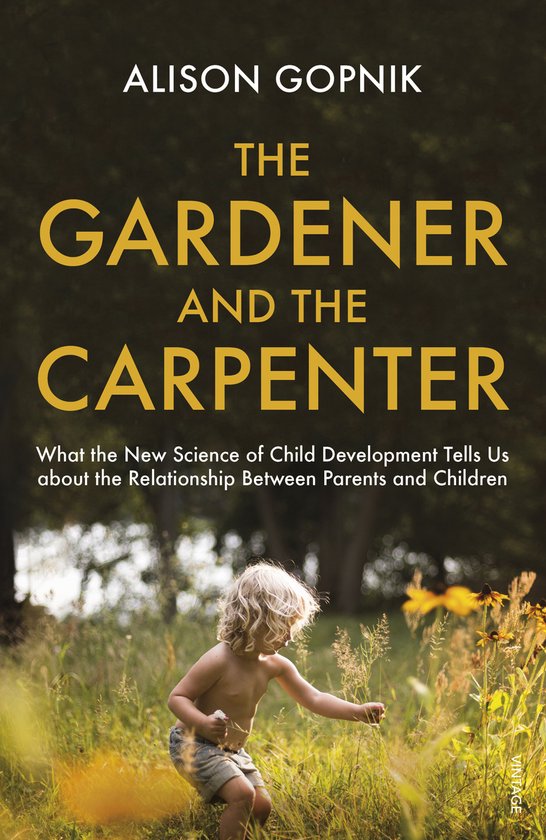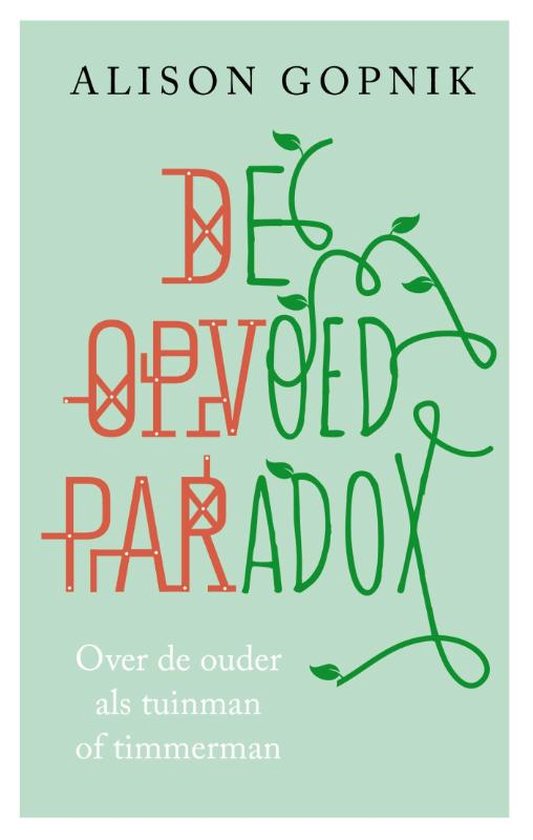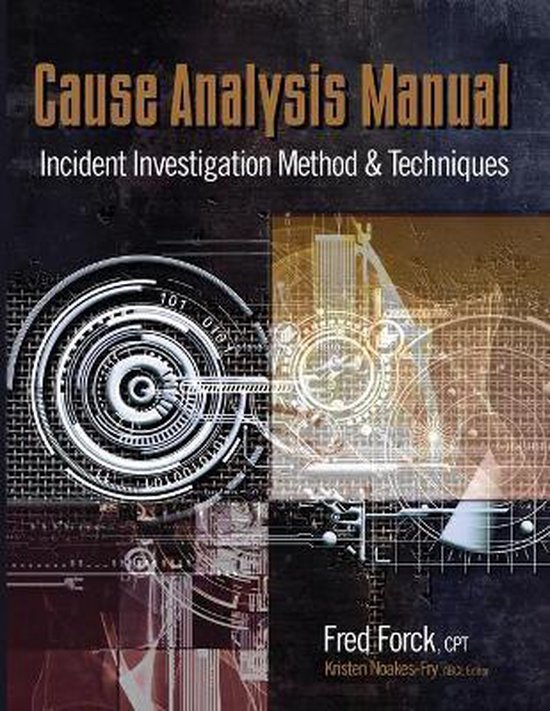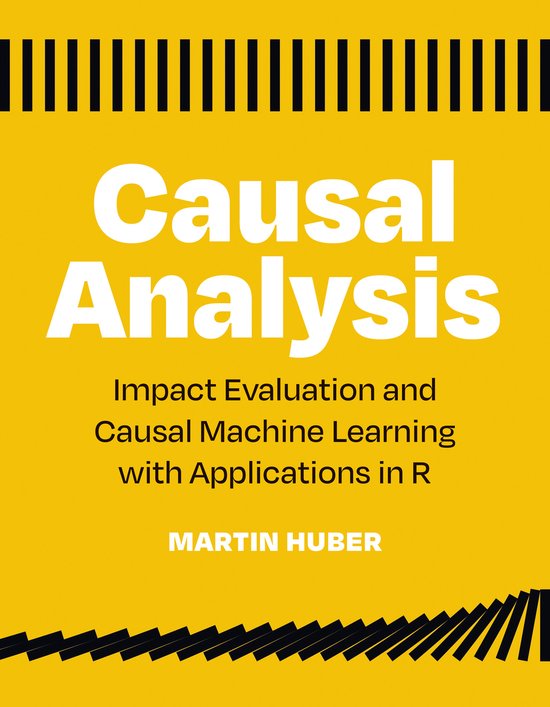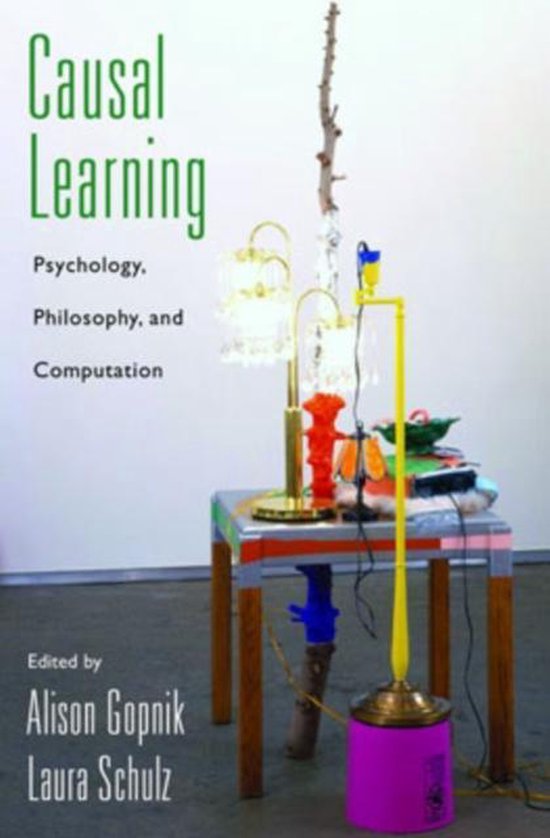
Causal Learning
Causal Learning provides a compendium of research determining how, in principle, the problem of causal inference and learning can be solved, and a wealth of methods for determining how it is, in fact, solved by children, adults, and animals.
The world has a causal structure, in the sense that some events make other events happen. Although understanding causal structure is essential for predicting and controlling the environment, causal structure is, at least usually, not obvious from superficial, perceptual cues. How then do our minds infer this structure? In the last few years, questions about causal inference and learning have become an important focus of investigation in many different disciplines - developmental psychology, cognitive psychology, ethology, philosophy, and computer science. As is common in scientific research, there has been relatively little interaction on the topic between these disciplines. However, in spite of the minimal interaction, a general review of the research shows the beginning of a formal way of determining how, in principle, the problem of causal inference and learning can be solved, and a wealth of methods for determining how it is, in fact, solved by children, adults, and animals. This volume brings together this research and provides a more sophisticated understanding of causal inference and learning.
The world has a causal structure, in the sense that some events make other events happen. Although understanding causal structure is essential for predicting and controlling the environment, causal structure is, at least usually, not obvious from superficial, perceptual cues. How then do our minds infer this structure? In the last few years, questions about causal inference and learning have become an important focus of investigation in many different disciplines - developmental psychology, cognitive psychology, ethology, philosophy, and computer science. As is common in scientific research, there has been relatively little interaction on the topic between these disciplines. However, in spite of the minimal interaction, a general review of the research shows the beginning of a formal way of determining how, in principle, the problem of causal inference and learning can be solved, and a wealth of methods for determining how it is, in fact, solved by children, adults, and animals. This volume brings together this research and provides a more sophisticated understanding of causal inference and learning.
| Auteur | | Gopnik |
| Taal | | Engels |
| Type | | Hardcover |
| Categorie | | Religie, Spiritualiteit & Filosofie |

